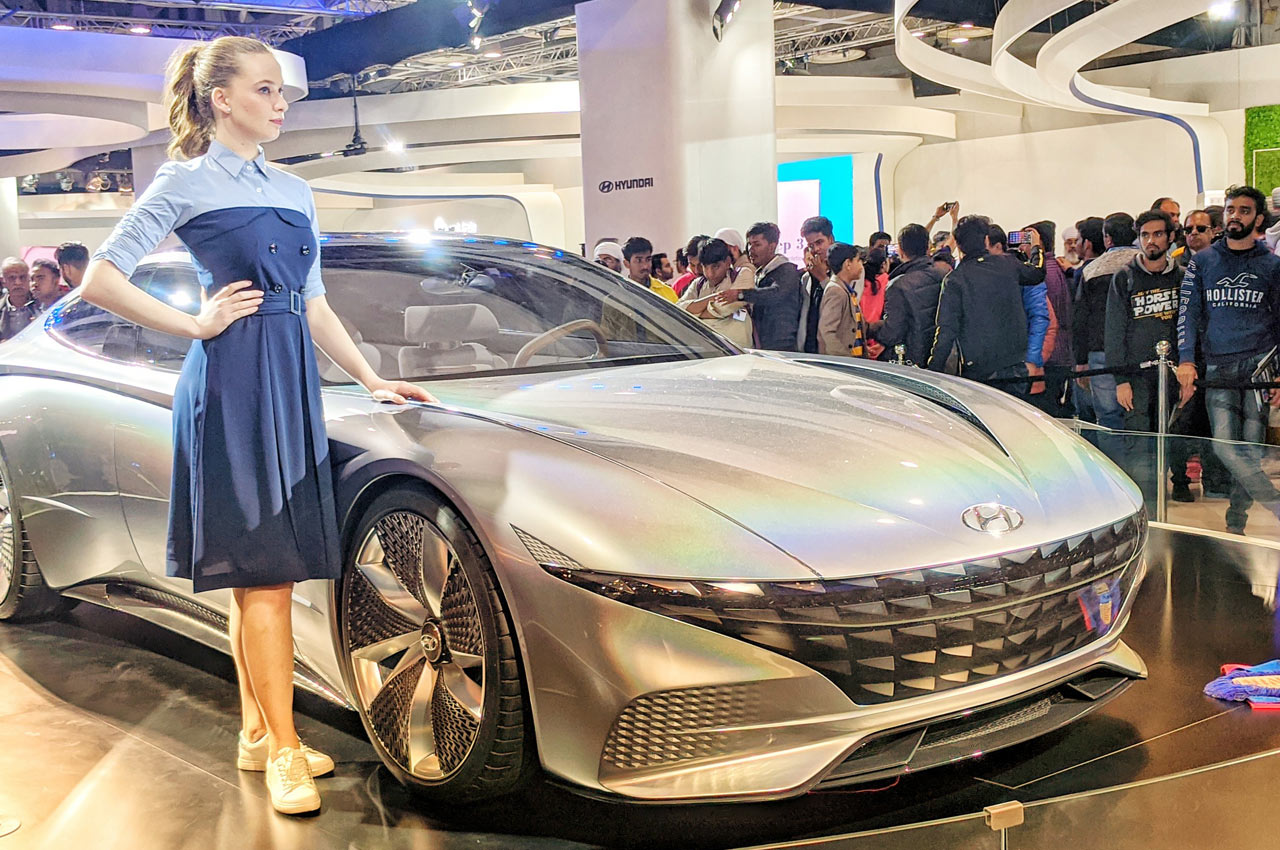Kanchan Singh, a lawyer, travels only in her recently bought Electric Vehicle (EV) SUV as there is no engine noise, which makes it a pleasure to drive across Delhi even during peak traffic hours.
There are many like her who are shifting to EVs from petrol or diesel vehicles. Not only is there no need to change gears, after the initial cost the day-to-day running cost is far cheaper, there is ease of charging (with home charging stations and a slowly growing charging network), attractive range and performance offerings, and innovations coming in on the trot. These consumers feel that the future of the automobile industry lies in going electric.
At the Auto Expo 2023 in January, there was a slew of EV unveilings. India’s largest car manufacturer, Maruti Suzuki, a late entrant into the segment, unveiled its electric SUV (eVX), which remains a concept as of now. There were Hyundai, Kia, MG Motor India, Mahindra and Mahindra, Lexus and Tata Motors, all showcasing their forthcoming EVs.
Tata Motors has taken a lead in this segment with a bunch of offerings. The EV roadmap adopted by Tata Motors is the result of a planned approach from a nascent stage. The step-by-step strategy adopted by the company started from restructuring models at the component level, which led to the introduction of EVs in its portfolio that are classified as first-generation Tata EVs.

























